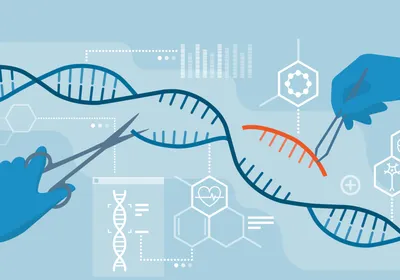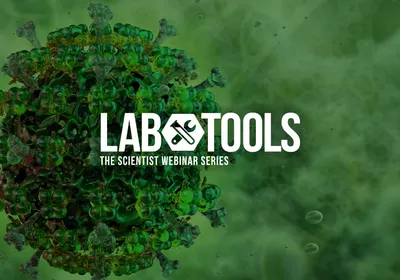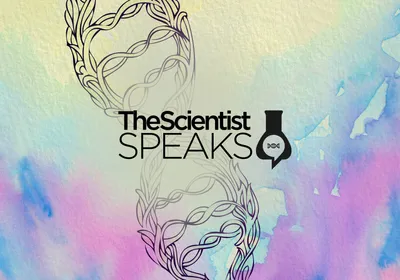 WIKIMEDIA, NINASESResearchers in the U.K. will soon use precision genome-editing on human embryos in an effort to probe the mysteries of early development. And they’ll do it with the blessing of government regulators. On Monday (February 1), the U.K.’s Human Fertilisation and Embryology Authority (HFEA) made the unprecedented step of approving a project involving the editing of genes in early human embryos.
WIKIMEDIA, NINASESResearchers in the U.K. will soon use precision genome-editing on human embryos in an effort to probe the mysteries of early development. And they’ll do it with the blessing of government regulators. On Monday (February 1), the U.K.’s Human Fertilisation and Embryology Authority (HFEA) made the unprecedented step of approving a project involving the editing of genes in early human embryos.
Scientists in China made headlines last year when they announced their application of CRISPR/Cas9 to modify structurally deficient human zygotes. The April Protein & Cell paper reporting the findings set off alarm bells across the life science community, dividing researchers between those who thought the move was premature and ill-advised and those who warned of the dangers of stifling such research.
The UK researchers who will apply the technique to early human embryos, which will be destroyed after seven days of growth, are the first scientists to conduct such experiments with clearance from their government’s regulatory authorities. “China has guidelines, but it is often unclear exactly what they are until you've done it and stepped over an unclear boundary,” Robin Lovell-Badge, scientific adviser to the ...






















